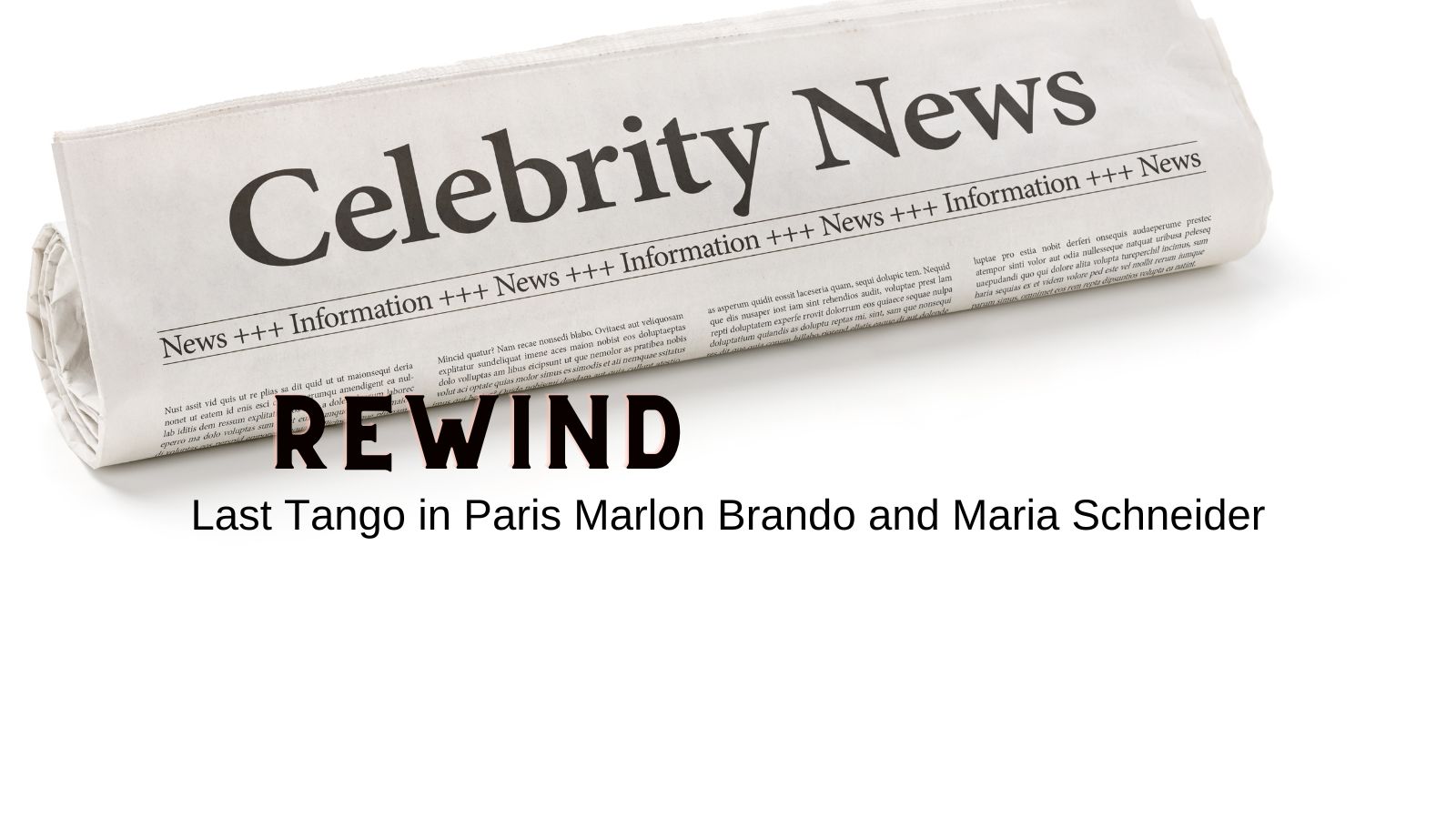Last Tango in Paris, directed by Bernardo Bertolucci and starring Marlon Brando and Maria Schneider, is a film that continues to provoke discussion and debate over four decades since its release. Set against the backdrop of Paris, the movie unfolds as a visceral exploration of human desire, identity, and the complexities of intimate relationships. With its unflinching portrayal of raw emotion and explicit sexual content, Last Tango in Paris remains a landmark in the history of cinema, challenging audiences to confront their own perceptions of love, lust, and loneliness.
Context and Production:
Bernardo Bertolucci, known for his bold and provocative filmmaking style, helmed Last Tango in Paris at a time when cinema was experiencing a period of significant artistic experimentation and social change. The early 1970s marked a shift towards more explicit and boundary-pushing content in mainstream cinema, as filmmakers sought to break free from the constraints of censorship and explore taboo subjects with newfound freedom. Against this backdrop, Bertolucci embarked on the ambitious endeavor of bringing Last Tango in Paris to the screen, pushing the boundaries of cinematic storytelling and challenging societal norms in the process.
Synopsis:
Last Tango in Paris follows the tumultuous relationship between Paul (Marlon Brando), a middle-aged American expatriate reeling from the recent suicide of his wife, and Jeanne (Maria Schneider), a young Parisian woman engaged to be married. The two strangers meet by chance in an empty apartment, where they embark on a passionate and deeply intimate affair devoid of names or personal histories. As their relationship unfolds against the backdrop of Parisian streets and dimly lit interiors, Paul and Jeanne confront their own desires, insecurities, and emotional baggage, leading to a series of profound and often confrontational encounters.
Themes and Interpretations:
At its core, Last Tango in Paris is a film about the search for connection and meaning in a world marked by alienation and isolation. Through Paul and Jeanne’s intense and often volatile relationship, Bertolucci explores themes of desire, identity, and the search for authenticity in a society governed by social norms and expectations. The film’s explicit sexual content serves not as mere titillation, but as a means of expressing the characters’ innermost desires and vulnerabilities, laying bare the complexities of human intimacy in all its raw and unfiltered glory.
Marlon Brando’s Performance:
Central to the film’s impact is Marlon Brando’s tour de force performance as Paul, a man grappling with grief, rage, and the relentless passage of time. Brando imbues the character with a sense of wounded masculinity and existential angst, delivering a raw and emotionally charged performance that resonates long after the credits roll. His improvisational approach to the role, coupled with Bertolucci’s innovative directorial style, results in a portrayal that is at once hypnotic, disturbing, and undeniably powerful, cementing Last Tango in Paris as a showcase of Brando’s unparalleled talent as an actor.
Legacy and Controversy:
Upon its release, Last Tango in Paris sparked heated controversy and divided critical opinion, with its explicit sexual content and unorthodox narrative style provoking both admiration and condemnation from audiences and critics alike. Despite facing censorship and legal challenges in several countries, the film endured as a cinematic landmark, influencing subsequent generations of filmmakers and leaving an indelible mark on popular culture. Its legacy as a bold and uncompromising exploration of human sexuality remains undiminished, ensuring its place in the annals of cinematic history for years to come.
In conclusion, Last Tango in Paris stands as a testament to the power of cinema to provoke, challenge, and illuminate the human experience. Through its bold storytelling, unforgettable performances, and uncompromising vision, Bernardo Bertolucci crafted a film that continues to resonate with audiences and inspire discourse on the nature of desire, identity, and the search for connection in a world fraught with uncertainty. As viewers continue to grapple with its themes and interpretations, Last Tango in Paris remains a timeless work of art that transcends the boundaries of time and place, inviting us to confront our own desires and confrontations with honesty and empathy.



